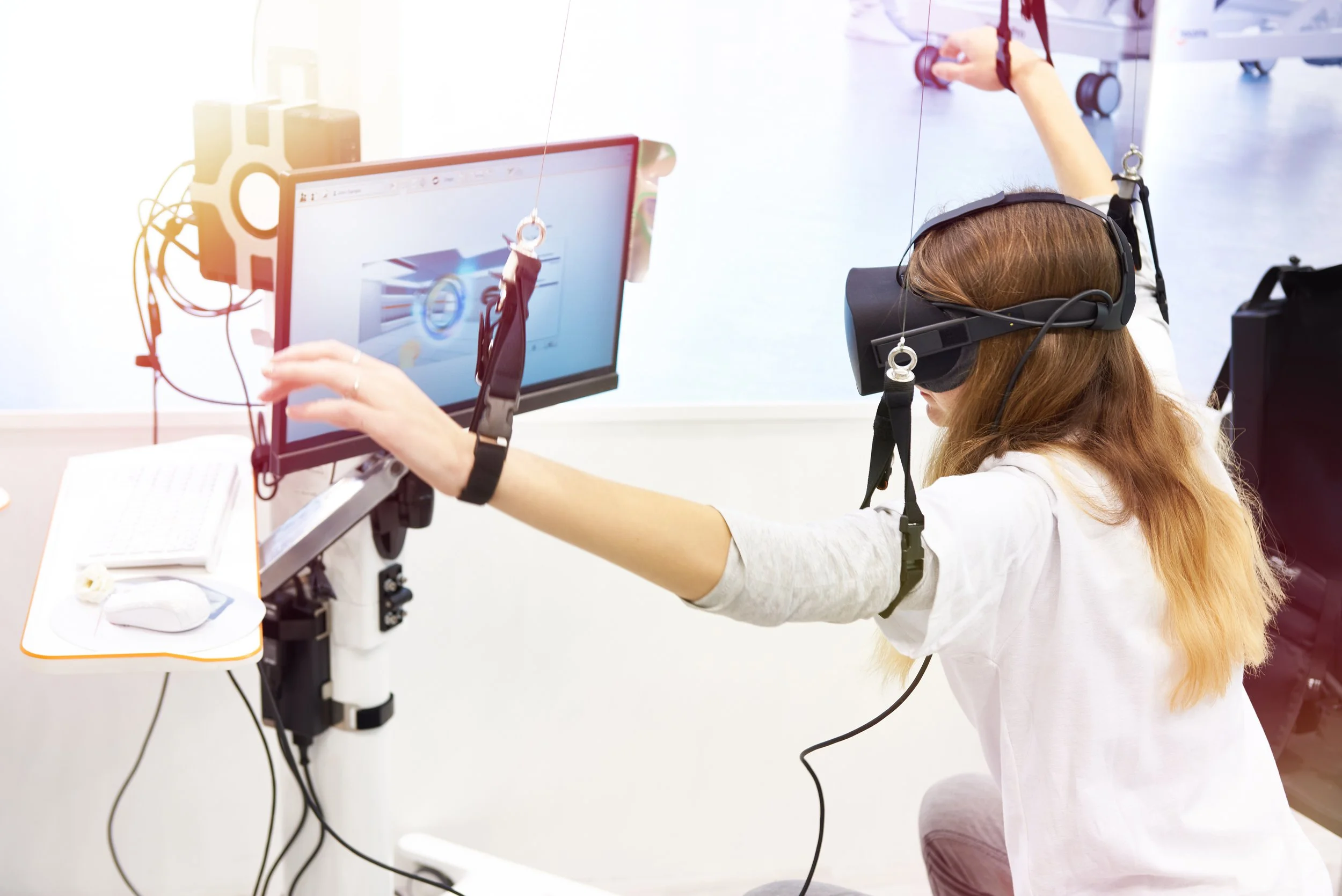The Science Supporting Using Visualizations and AR/VR for Specific Conditions and Rehabilitation
The power of visualization in healing and rehabilitation isn't just a matter of belief; it's backed by science.
The power of visualization in healing and rehabilitation isn't just a matter of belief; it's backed by science. Visualizations in VR settings have been shown to have tangible benefits for individuals dealing with various conditions. From physical rehabilitation to cognitive recovery, VR is paving the way for innovative therapeutic approaches. The power of VR and AR lies in the connection between the brain and the body.
Take physical rehabilitation, for example. VR can transform routine exercises into engaging activities, making the rehabilitation journey more enjoyable and less daunting. For cognitive disorders, VR therapies provide stimulating environments that challenge the brain in a controlled and safe manner. Even in pain management, VR's distraction techniques have proven effective during painful procedures, offering a non-pharmacological alternative to traditional opioids.
Mental health is another area where VR shows promising results. Conditions like PTSD, anxiety disorders, and phobias are being addressed with VR therapies that allow for controlled exposure and gradual desensitization. The immersive nature of VR provides a unique platform for patients to confront and work through their challenges in a supportive environment.
Author: Dr. Ryan Castle

